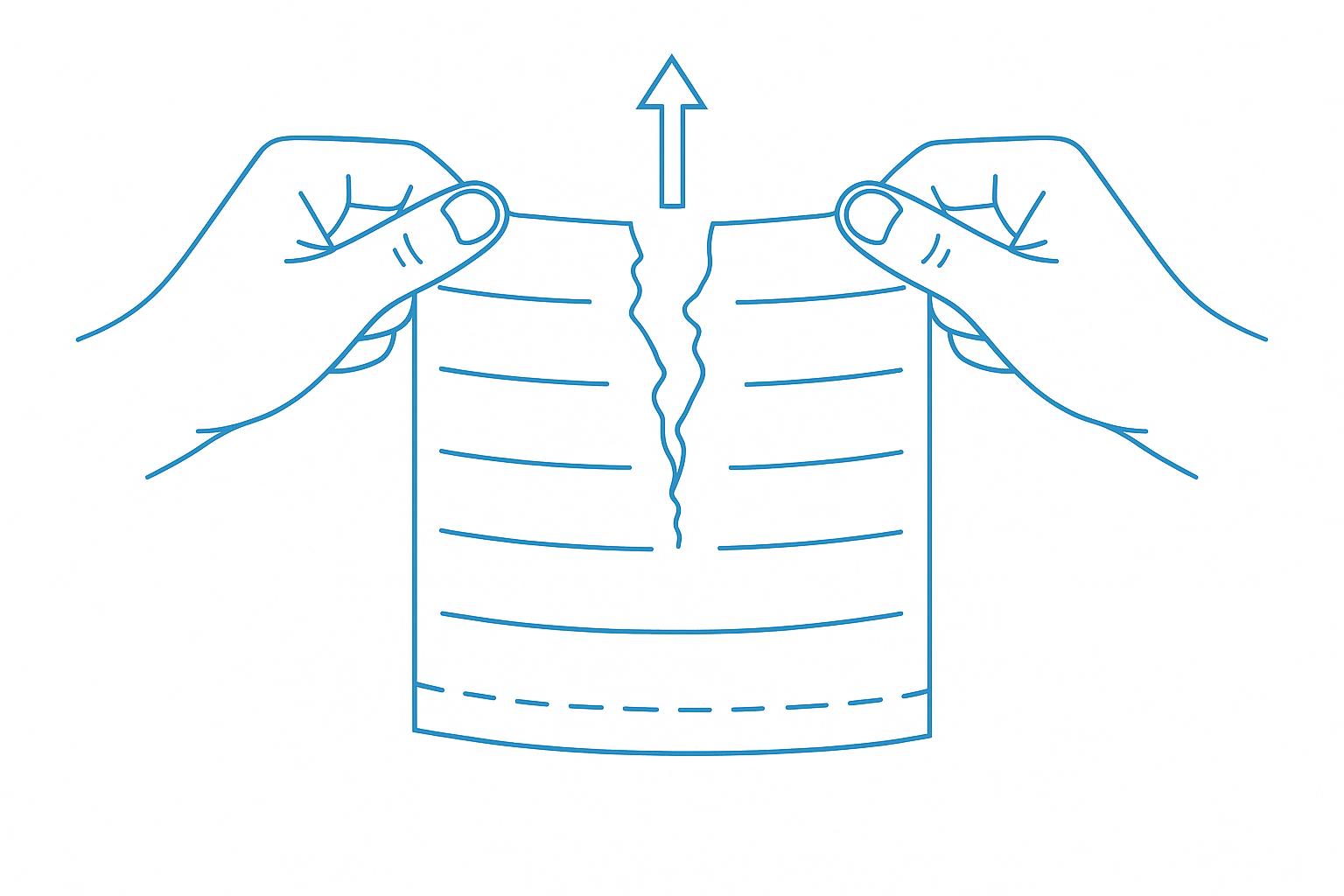
Tear strength refers to how well a fabric can resist being torn apart. It's an important factor in mattress materials, ensuring they stay durable and maintain their shape over time.
When shopping for a mattress, you might notice that some fabrics are advertised as having high tear strength, meaning they are less likely to rip or wear out quickly.
Tensile strength measures a fabric's ability to withstand pulling forces without breaking, while tear strength evaluates how well a fabric resists being ripped or torn once a cut or hole has occurred. Essentially, tensile strength focuses on overall strength, whereas tear strength focuses on resistance to damage.
The most tear-resistant fabrics include Kevlar and Dyneema, both known for their exceptional strength-to-weight ratios and ability to withstand extreme conditions. These materials are often used in protective gear and high-performance applications.
While no fabric is entirely tear-proof, materials like Kevlar and Dyneema are often referred to as tear-resistant due to their high tensile and tear strength, making them extremely difficult to tear under normal conditions. They are commonly used in applications requiring durability.
Tear strength is typically determined using standardized tests, such as the ASTM D2261 or ASTM D5733 methods, which involve applying a force to a fabric sample until it tears. The maximum force required to initiate or propagate the tear is measured and reported as the tear strength.
Browse our selection of sleep products and find the right solution for your needs.
Shop Sleep Products